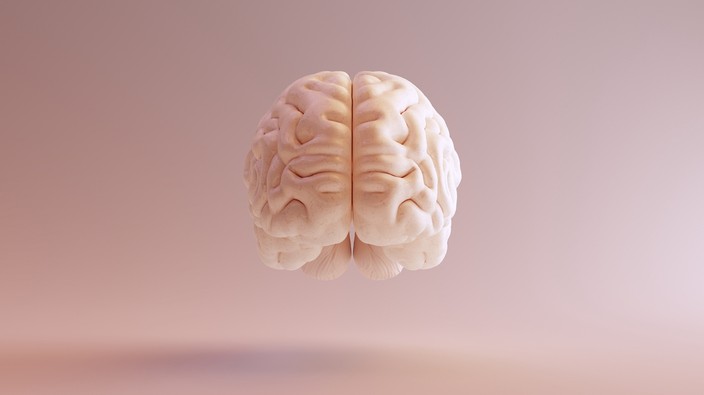changes suggest loss of brain cells
for the study, the researchers analyzed 2,000 brain scans of people around the world with anorexia, patients recovering from anorexia, and people with no eating disorder history as a comparison.
they found alarming “sizable reductions” in three key parts of the brain, including cortical thickness, cortical surface area and subcortical volumes. shrinkage and shape change suggest the loss of brain cells and possible connection loss among these brain areas.
while studies have associated
obesity, bulimia and binge-eating disorder to changes in brain structure, the u.k. researchers found that people with anorexia showed brain reductions that were two to four times as pronounced as people who struggle with other mental health conditions like attention-deficit/hyperactivity disorder (adhd) and obsessive-compulsive disorder (ocd),
eating well reports.
in fact, living with anorexia for even one year — depending on your age and the extent of caloric restriction — will alter your brain affecting the ability to make decisions, move forward with decisions or simply plan ahead.
on the upside, the u.k. researchers also discovered that the changes in brain size were less pronounced in patients who were recovering from anorexia, which they say indicates that the brain may be able to “bounce back,” lead researcher esther walton, psychology lecturer at the university of bath,
noted in a statement on the findings.
 3 minute read
3 minute read









